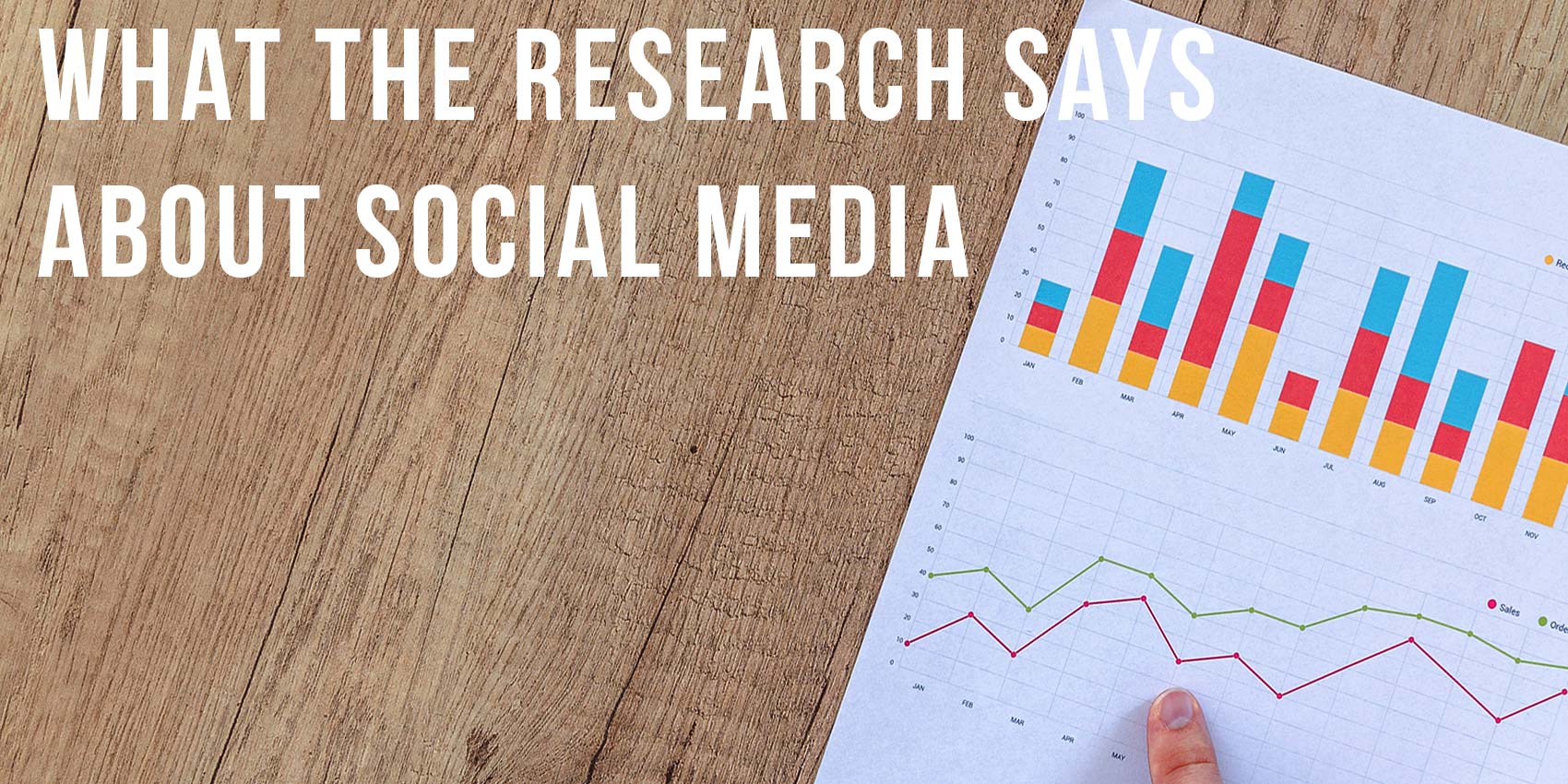22 Mar What does the research say about social media?

Hey that’s a great question! We are so glad you asked it. I mean, let’s solve the controversy with data right? Well, unfortunately it’s not that easy. The facts are, the research in this area is just beginning to be done so many questions still exist. There’s no huge study that definitively shows that “Cell phones give you cancer” or “More than three hours a day of screen time will cause you to be an addict” or that “You will drop a full grade point if you study with your phone on.” The big question is whether or not social media is actually the cause of any to the problems about which people are worried.
Let’s take depression and social media use as an example. Some studies have shown that the more time you spend on social media, the more likely you are to be depressed. “BINGO!” say the social media haters, “See, we told you social media causes kids to be depressed!” But that really can’t be drawn from that research because what we don’t know is if people who are depressed are more likely to use social media. In other words, we don’t know what came first, the depression which drives the social media use, or the social media use which then drives the depression. A lot of the research causes the question, “What came first the chicken or the egg?”
But that doesn’t mean we shouldn’t pay attention to the research as there’s quite a bit that makes you go hmmmm…..
As mentioned above, studies have indeed shown a link between depression and social media. For instance, a robust study out of the University of Pittsburgh surveyed young adults about their social media use (including Facebook, Instagram, Twitter and Snapchat) and found that those who reported the heaviest use were 1.7 times more likely to be depressed than those who reported the least use. (Source: Monitor on Psychology, June 2016, pg. 22). Another study out of the University of Illinois found that students who described their internet and cellphone use as addictive scored much higher on depression and anxiety measures. (Source: Monitor on Psychology, May 2016, pg. 19) while other research has shown that the more “friends” one has on Facebook, the higher the likelihood of depression. Yes read that again. Having MORE Facebook friends is linked with a greater risk for depression not less. Students that were “hyperconnected” in this way were also more at risk for risky behaviors. (Source: Scientific American Mind, September/October 2016, pg. 69).
Students who were “hypertexters” were also more at risk for risky behaviors. What’s a “hypertexter”? It is defined by researchers as individuals who send more than 120 texts a day. Being a “hypertexter” means that as a high school student, you would be “twice as likely to have tried alcohol, 41% more likely to have used illegal drugs, 3.5 times more likely to have had sex and 90% more likely to have had four or more sex partners.” (Source: Scientific American Mind, September/October 2016, pg. 68)
That’s pretty alarming. No matter what the cause, these studies indicate that high social media use is, at the very least, a warning flag that something could be amiss (meaning, wrong or worrisome) if you are using social media a lot. That’s something to think about when students tend to be plugged-in 24/7….




Post Question:
What do you think about the research between depression and social media? Do you think social media use causes depression or that people who are depressed are more likely to use social media? Or both?
Answer the post question here
What's being said